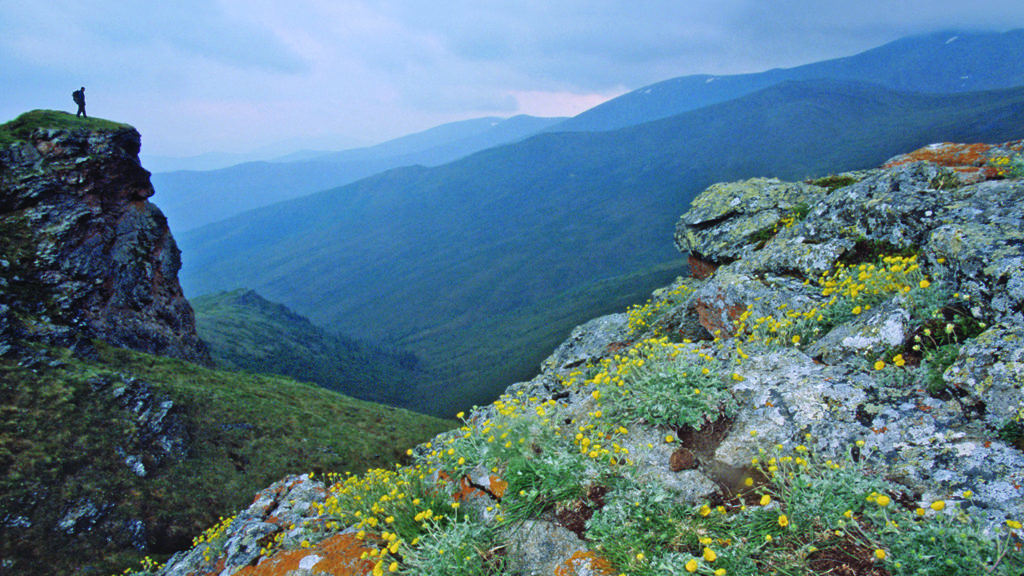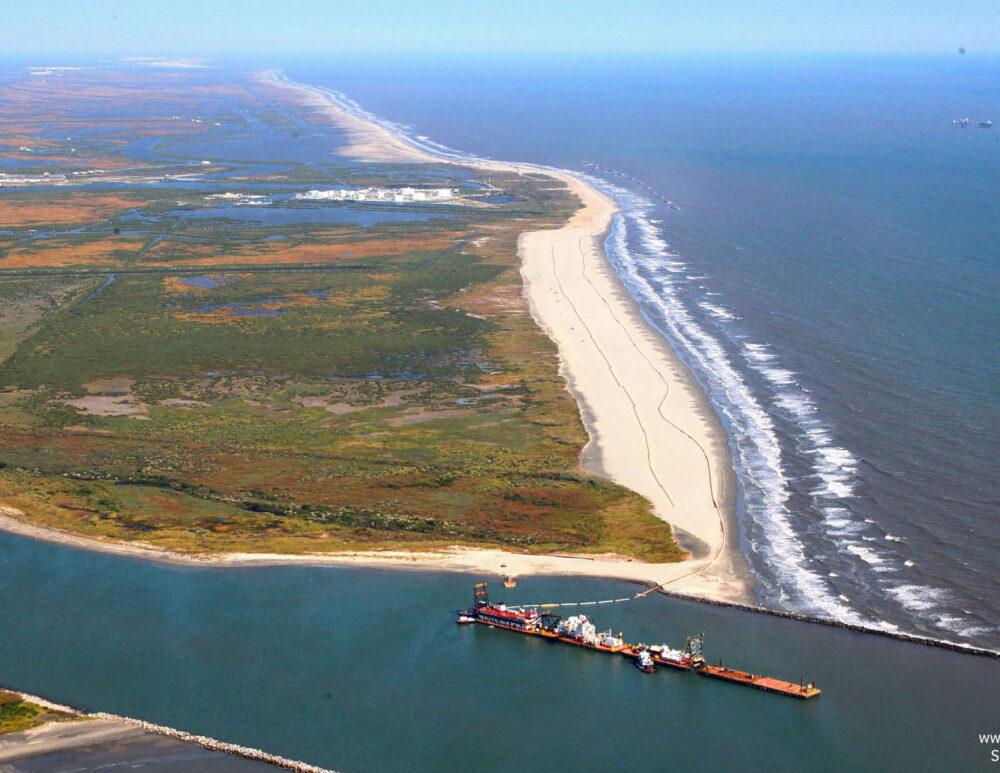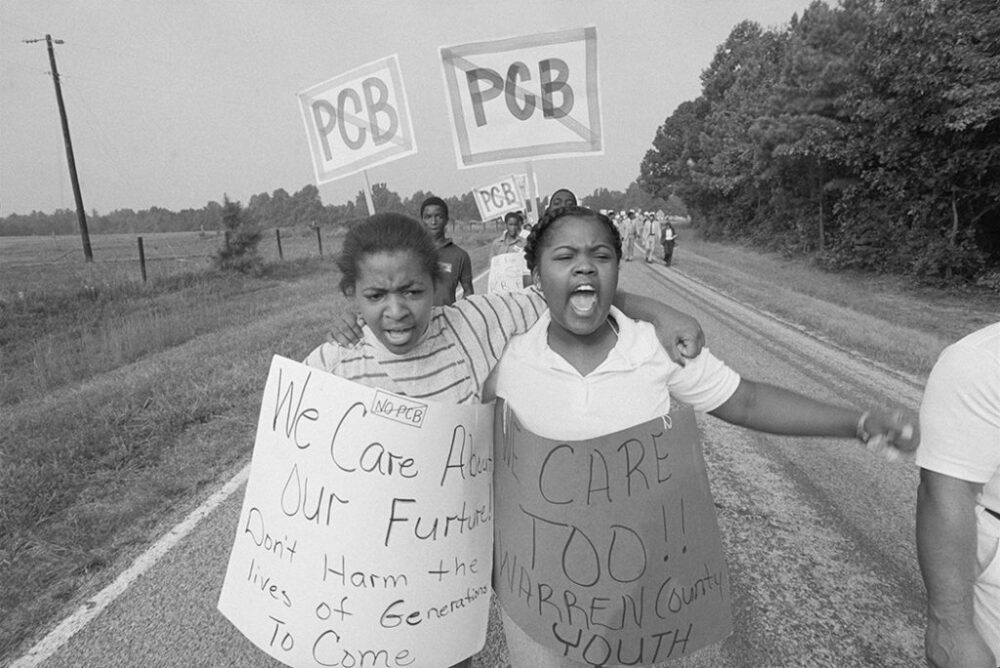We have much more to do and your continued support is needed now more than ever.
Sustaining the Next Generation of Environmentalists
My time as an NWF EcoLeader Graduate Research Fellow

The NWF EcoLeaders and EcoCareers programs are integral to achieving the National Wildlife Federation’s goal of uplifting the next generation of environmentalists. By providing an online community, career center, and other key resources, these programs aim to support and encourage young people looking to enter the environmental field.
I joined the EcoLeader community after graduating from my undergraduate studies into an economy and workforce that had been devastated by the COVID-19 pandemic. I scoured every job site and submitted countless applications, mainly to jobs that I didn’t truly want. I received many rejections, few interviews, and an astounding amount of non-replies. Eventually, I saw enough master’s degree requirements on jobs that I genuinely wanted and decided to pursue my master’s at the University of Michigan’s School for Environment and Sustainability. Upon my acceptance, I saw the posting for a graduate student research position in the EcoLeader’s Newsletter.
Alongside NWF’s mission to uplift environmentalists is its pledge to equity and justice within the organization. At the intersection of these commitments came NWF’s request for proposals for an EcoLeader Fellow to research and suggest best practices in educational program design to ensure just impacts and benefits for BIPOC and low-income communities.
The environmental justice movement has brought to light how these communities are disproportionately polluted and degraded. Yet, research from scholar-advocates like Drs. Dorceta Taylor and Carolyn Finney have described the gross underrepresentation of BIPOC professionals in the environmental field as well as the systemic equities that conservation initiatives have upheld. Thus, environmental organizations are not only presented with a serious challenge to create a truly representative workforce but also to ensure their work is dismantling systems of oppression in our environment.
Research findings
In researching these questions, I interviewed established underrepresented environmental professionals on the constructive and destructive forces in their careers. Many of those I interviewed identified institutional inequities present in their educational, health, and economic realities as stark barriers to their environmental career. Moreover, interviewees reflected on the environmental field as an othering experience, where their identity or perspective might not be shared with anyone else in the room. In these situations, professionals often turned to their communities for advocacy, support, and meaningful action. Interviewees who worked with environmental justice organizations and those with highly diverse leadership and staff notably had more positive experiences.
I also surveyed the needs and experiences of young environmental professionals and EcoLeaders related to their careers. Participants identified financial challenges and lack of access to employment opportunities as barriers to pursuing their careers. Survey respondents primarily expressed a desire for mentoring, entry-level positions, and funding opportunities to aid in their environmental careers. My report synthesizes the results of these outreach efforts with insights from literature on social capital, environmental justice, and diversity and discrimination in environmentalism. These results were used to summarize best practices and recommendations for environmental organizations and programs serving young environmental professionals.
Through this research, I heard many stories about the struggle to find support, belonging, and security within the environmental field in its current state. For me, this research highlighted the critical role that social capital plays in successful movement or career building.
Opportunities to build genuine connections with those who have shared identities, goals, and understandings in the environmental field are vital to those attempting to enter it. However, I don’t think it can be overemphasized that the systemic inequities which create barriers for BIPOC and low-income environmentalists also produce environmental injustices. It is my hope that my research and recommendations can be used to build an EcoLeader community that will create new connections and footholds in the environmental field for underrepresented professionals.
The work of environmental justice advocates, intersectional environmental organizations, and underrepresented environmental professionals are actively transforming what it means to be an environmentalist. I believe that the NWF is uniquely positioned to take the lead in the formal environmental field to invest in these underrepresented, historically harmed communities as the next generation of environmentalists.
It was incredibly hard to concentrate the knowledge and experiences of those that contributed to this research into this short post or even into my final report. I cannot thank those that participated in the interviews or surveys, those who advised me, or those who uplifted my work enough!
Read Anna’s Fellowship Report, Recommendations for Creating Representative and Just Educational Programs within the National Wildlife Federation
Perhaps you or someone you know might be interested in serving as an NWF Graduate Student Fellow? NWF is currently accepting applications for 6 Graduate Student Research Fellowships.
Benefits of participation include:
• Earn a $6,000 stipend
• Play a key role in the development of NWF Education and Engagement Programs
• Gain valuable career experience and professional development
Application deadline is May 15, 2022.

Anna A. Bunting is currently a master’s student studying environmental justice and sustainability and development at the University of Michigan’s School for Environment and Sustainability, a project coordinator at Michigan’s Office of the Environmental Justice Public Advocate, and an Environmental Fellow with the Yale School of Environment.





















